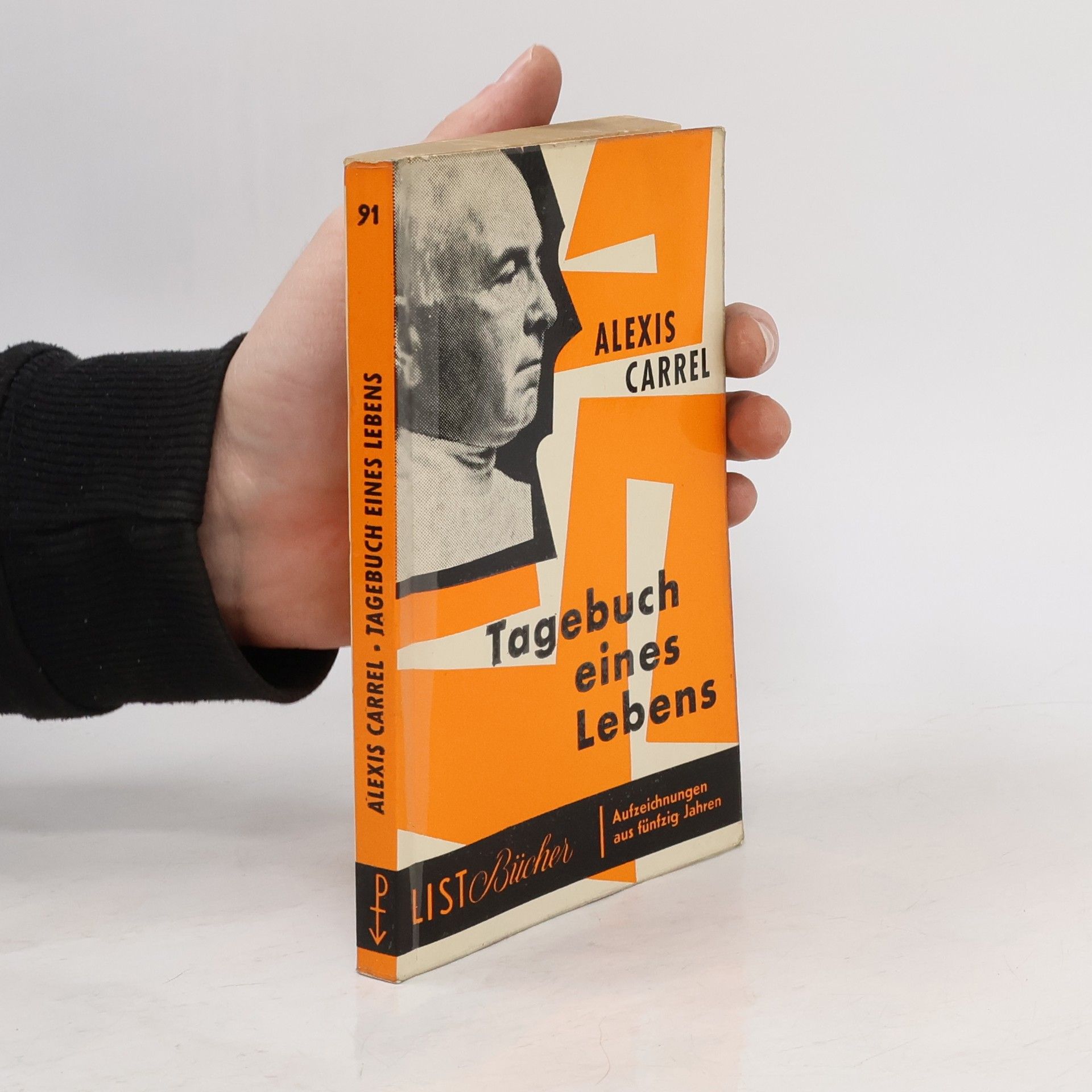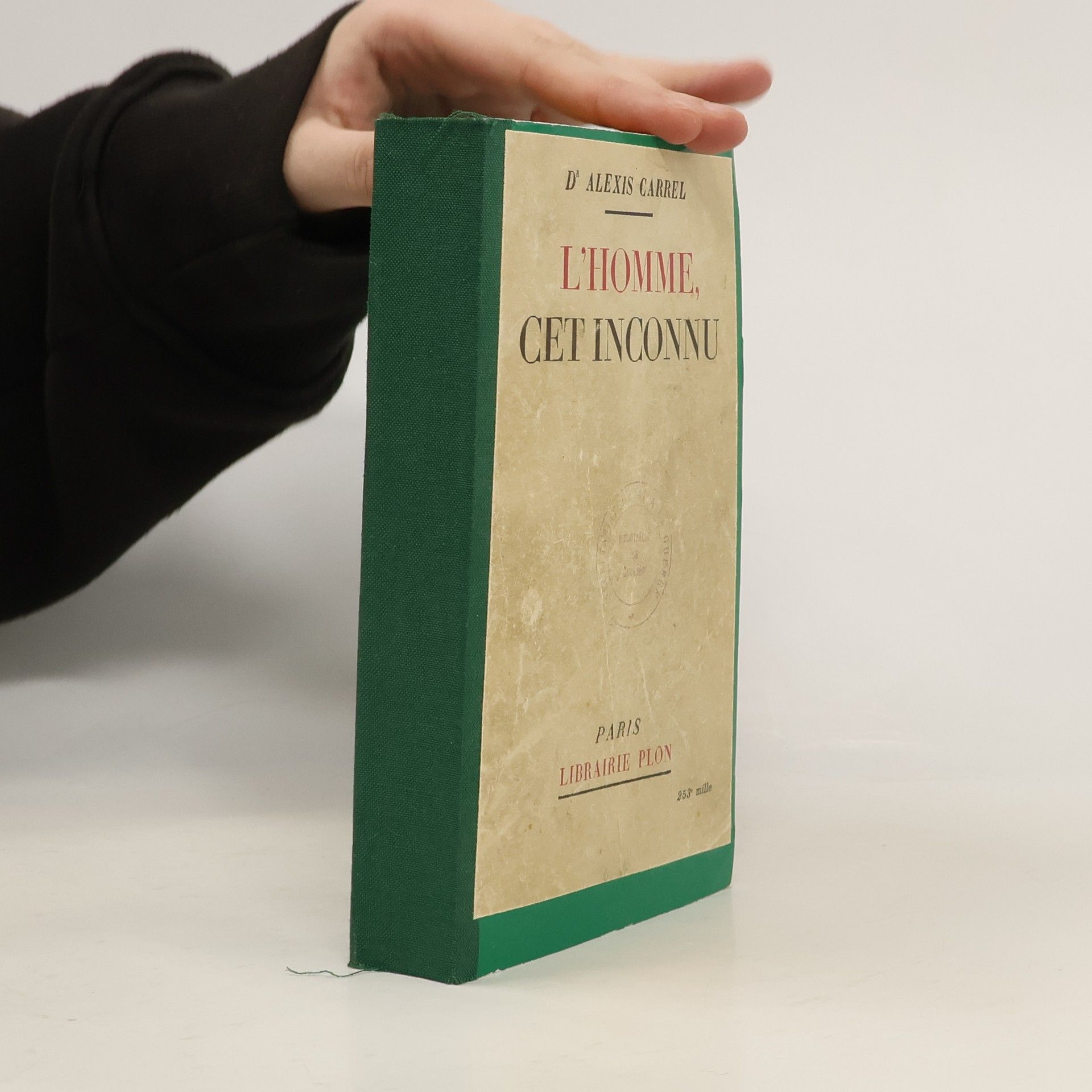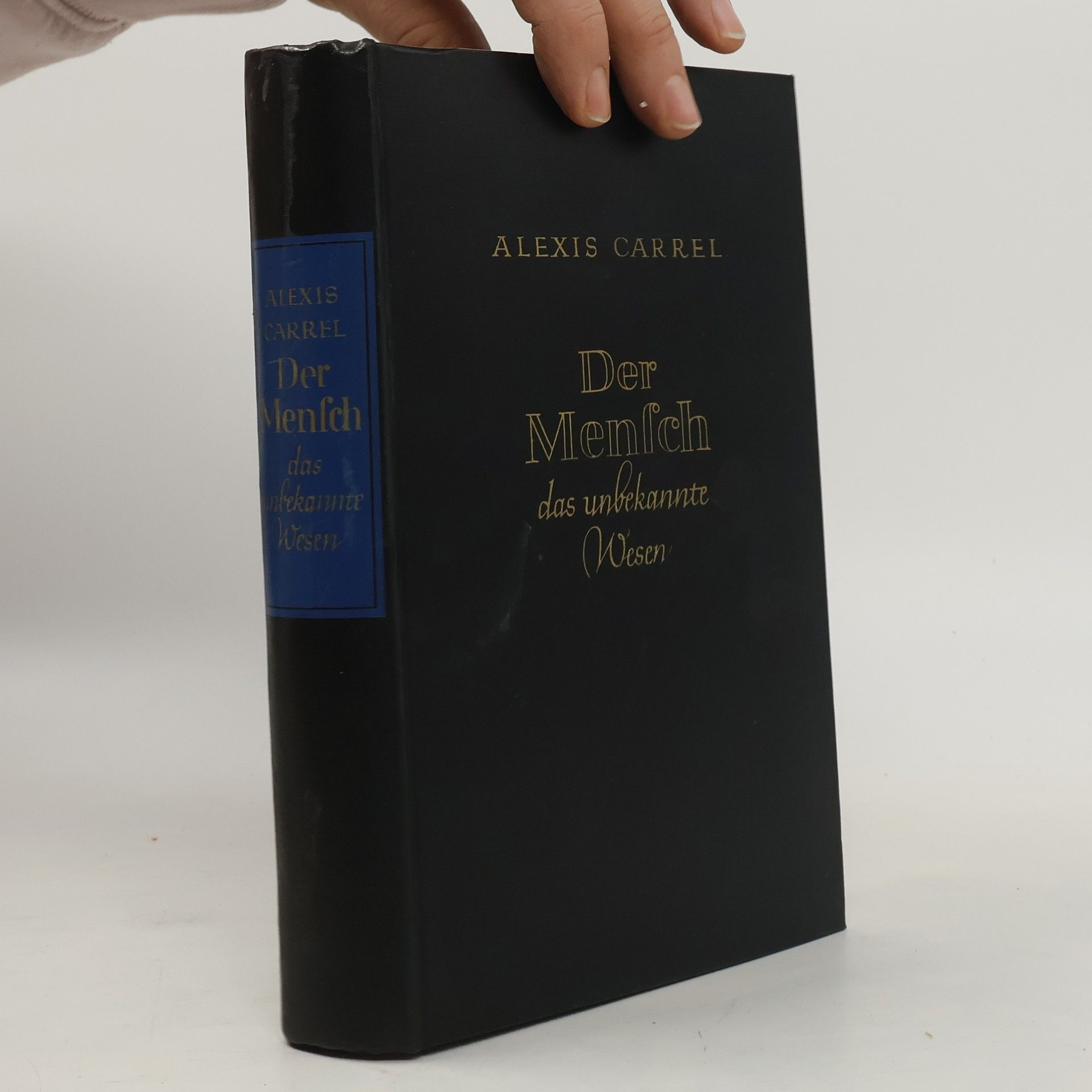Man The Unknown
- 312 pages
- 11 hours of reading
Exploring the complexities of the human body and existence, this work delves into known and unknown aspects of life through the lenses of biology, physics, and medicine. The author aims to address contemporary issues while offering insights for improving human well-being. This 1935 best-seller reflects on the intersection of science and the human experience, making it a thought-provoking read for those interested in the advancements and mysteries of life.









